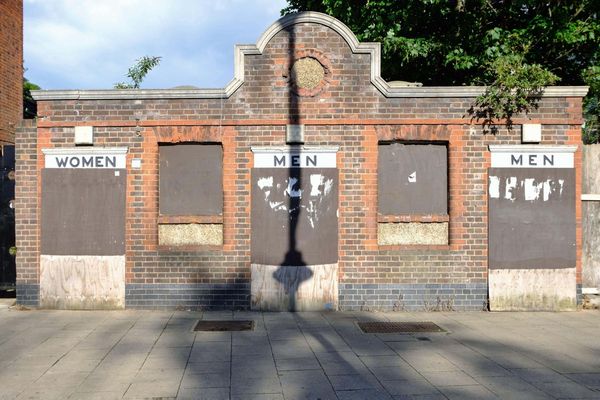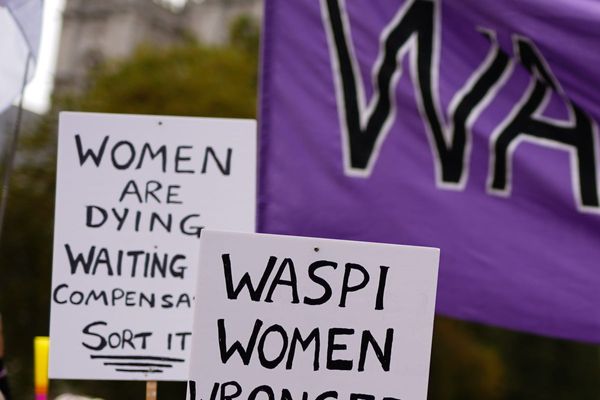
Rishi Sunak is under renewed pressure to halt next month’s £13bn rise in National Insurance contributions, after fresh research showed the UK is the only major world economy to be raising taxes on working people during the cost-of-living crisis.
Labour called on the chancellor to ditch the 1.25 per cent hike lined up for both employees and employers on 6 April, using money he has reportedly stored away for pre-election sweeteners to voters.
The research emerged as the Institute for Fiscal Studies (IFS) revealed that soaring inflation means the chancellor will take in an additional £12.5bn from a “stealth tax” in last year’s Budget.
When Sunak announced a four-year freeze in income tax thresholds last March, with inflation running around 1 per cent, the measure was expected to raise £8bn.
But with the Consumer Prices Index (CPI) now above 5 per cent and expected to rise as high as 8 per cent, the IFS said it now amounts to an effective £20.5bn in additional taxes.
Tom Waters, a senior research economist for the IFS, said: “Usually tax thresholds go up in line with inflation.
“The tax threshold freeze is now on track to be a £20.5bn tax hike – two and a half times what was originally expected. And this comes on top of the £13bn increase in National Insurance contributions (NICs) slated for next month.
“This episode highlights the danger with setting tax thresholds in nominal terms for long periods of time – unexpected changes in inflation can make the size of a planned tax rise much bigger or smaller than expected.”
Labour Treasury spokesperson Pat McFadden said that the NICs rise alone was equivalent to 0.5 per cent of GDP in additional taxes, at a time when households are facing rocketing bills for essentials like heating, petrol and food.
By contrast, the party’s research found that Germany has tax cuts totalling 0.5 per cent of GDP lined up for 2022, Italy 0.2 per cent and France 0.1 per cent.
Among other members of the G7 group of leading democracies, Canada and Japan have announced no personal tax rate increases, while the US Congressional Budget Office estimates falling tax revenue for 2022.
“There are global factors driving up energy prices and inflation in many countries,” said Mr McFadden.
“But what singles out the UK is this government’s decision to impose a tax rise on working people at the same time as energy and food prices are rising.
“Why is the government so determined to make the cost of living crisis worse by pressing ahead with these tax rises now, particularly when the Treasury is constantly briefing that the Tory election grid has pencilled in tax cuts before the next election?”
Announced in September last year, the NICs hike breached a Conservative manifesto promise not to raise the main personal taxes over the course of the parliament.
It will result in a person earning £20,000 seeing NICs increase by £130 a year, and someone on £30,000 a year paying an additional £255.
But prime minister Boris Johnson said the levy would help pay for the “biggest catch-up programme in the NHS’ history” as the health service attempts to clear the backlog of treatments delayed because of the Covid pandemic.
From April next year, it will be rebranded the Health and Social Care Levy, and over time an increasing proportion will go towards the new cap on care costs designed to ensure that elderly home-owners do not have to sell their property to pay for care.
Mr Sunak is coming under growing pressure to ditch the hike, or delay it for a year in the hope the cost-of-living crisis will have abated, including from restive Tory backbenchers worried that he is rising the overall tax take to levels not seen since the 1960s.
But the chancellor and prime minister have stood firm, penning a joint article in January to state that they regard the levy as “the right plan” to fix the health and social care system.
A HM Treasury spokesperson said: “The Health and Social Care Levy will provide a necessary, permanent source of funding to support the NHS and fix the social care system.
“We’re providing around £21bn this financial year and next to help families with the cost of living, including targeted support for energy bills, cutting the Universal Credit taper rate to help those on low incomes keep more of what they earn, and freezes to alcohol and fuel duties to keep costs down. We are also raising the National Living Wage, meaning that people working full-time will see a £1,000 increase in annual earnings.”







